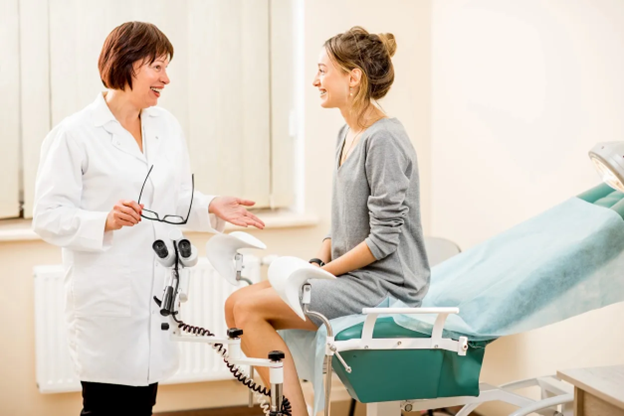After-Hours Care: Why Urgent Care Beats Waiting for Your Primary Doctor
You come down with a sore throat on a Saturday. Your child takes a spill after dinner. Or maybe you start feeling off late in the evening — but your primary care doctor’s office is closed.
So what do you do?
For non-emergency issues, urgent care centers like Lincoln Urgent Care offer a faster, more accessible option. With after-hours and weekend availability, urgent care helps you get the care you need — without the ER or a long wait for a primary care appointment.
Why After-Hours Access Matters
Your health concerns don’t follow a 9-to-5 schedule — and neither do we.
Lincoln Urgent Care offers care beyond traditional office hours, making it ideal for:
1. Illnesses or injuries that happen in the evening
2. Health issues that pop up over the weekend
3. Situations where same-day primary care appointments aren’t available
4. Avoiding missed work or school
Even if your condition isn’t serious, you shouldn’t have to wait days to be seen.
Faster Than a Doctor’s Office, Safer Than the ER
Here’s how urgent care compares to other options for non-life-threatening health needs:
| Option | Appointment Required? | Evening/Weekend Hours? | Typical Wait Time |
| Primary Care | Yes | Usually No | 1–3 days or more |
| Emergency Room | No | Yes | 1–4 hours |
| Urgent Care | No | Yes | 30–60 minutes |
Urgent care fills the critical gap between your doctor and the emergency room — quickly and affordably.
Common After-Hours Needs Treated at Urgent Care
We regularly see patients for after-hours care related to:
1. Cold and flu symptoms
2. Coughs, congestion, and sore throats
3. Minor sprains or strains
4. Cuts, scrapes, and minor burns
5. COVID-19 testing
6. Work-related injuries or occupational medicine needs
For a full list of what we treat, check out our FAQ page.
No Appointment Needed — Just Walk In
One of the best things about urgent care? You don’t need an appointment.
Whether it’s a weekday evening or a Saturday morning, you can walk into Lincoln Urgent Care and be seen by one of our licensed providers. To save time, complete your patient forms ahead of time.
Designed for Convenience
We know your time matters — that’s why everything we do is built around access and efficiency. At Lincoln Urgent Care, you’ll find:
1. Walk-in availability
2. Shorter wait times
3. On-site diagnostic radiology
4. Insurance-friendly billing
5. Compassionate, local care
Learn more about our clinic and values on our about page.
Hear from Our Community
Want to know what to expect? Check out real patient reviews and see why we’re a trusted resource for urgent care in Lincoln, RI.
Need care after hours?
Skip the wait. Contact Lincoln Urgent Care or just walk in — we’re here when you need us.
Disclaimer: This blog is for informational purposes only and does not provide medical advice, diagnosis, or treatment. Please consult a licensed healthcare provider for personal medical concerns.



